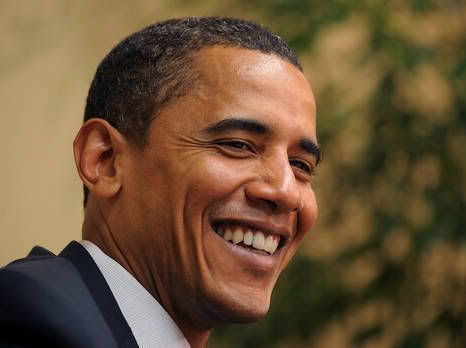
Barack Obama - #17
Since the adoption of its constitution, 43 men have been President of the United States. In January 2013, a New York Times journalist and statistician put together a composite list of presidential rankings based on previous presidential rankings by scholars (primarily historians). According to this, the worst four are: (43) James Buchanan (Democrat) (42); Franklin Pierce (Democrat) (41) Warren G. Harding (Republican); and (40) William Henry Harrison (Whig).
According to this list, the four most recent presidents ranked as follows: Barrack Obama is ranked as 17; George W. Bush is ranked as 38; Bill Clinton is ranked as 18; and George H.W. Bush is ranked as 22.
Alan: Nate Silver's entire NYT article, on which this paste is based, can be read at: http://fivethirtyeight.blogs.nytimes.com/2013/01/23/contemplating-obamas-place-in-history-statistically/?_r=0
A very short description of the worst presidents follows.
James Buchanan:
James Buchanan was the 15th President of the United States, serving a single term from 1857 to 1861. He has the distinction of being the only lifelong bachelor to hold this office. According to some historians, he was also gay. His niece and ward Harriet Lane (an orphan) filled the position of “first lady” during his presidency. As a “first lady,” historians generally rank her as 2nd (Dolly Madison is ranked as 1st).
The presidential election of 1856 was a three-way race between Buchanan (Democrat), former President Millard Fillmore (Know Nothing), and John C. Frémont (the first Republican candidate for president).
Buchanan’s term as president was marred by the issue of slavery. While Buchanan was a Northerner (he was from Pennsylvania), he claimed that the slaves were:
“treated with kindness and humanity…Both the philanthropy and the self-interest of the master have combined to produce this human result.”He told one Southern Senator that the goal of his administration was:
“to arrest, if possible, the agitation of the Slavery question in the North and to destroy sectional parties.”Buchanan felt that the abolitionists were preventing the solution to the slavery problem. He stated:
“Before [the abolitionists] commenced this agitation, a very large and growing party existed in several of the slave states in favor of the gradual abolition of slavery; and now not a voice is heard there in support of such a measure. The abolitionists have postponed the emancipation of the slaves in three or four states for at least half a century.”While he attempted to maintain peace between the slave-owning south and the abolitionist north, he felt that secession was illegal, but that going to war to stop it was also illegal. As an attorney, Buchanan’s basic code was:
“I acknowledge no master but the law.”
Buchanan also felt that there were too many educated people in the country and vetoed a bill which would have created more colleges.
In response to the Panic of 1857 (a recession), Buchanan advocated reform rather than relief. He felt that government did not have the power to provide relief.
On leaving the White House, Buchanan told his successor, Abraham Lincoln:
“If you are as happy, my dear sir, on entering this house as I am on leaving it and returning home, you are the happiest man in the country.”Buchanan died on June 1, 1868 at the age of 77. He left an estate valued at $310,000. He is buried in Woodward Hill Cemetery in Lancaster, Pennsylvania.
Franklin Pierce:
In 1852, the Democrats held their presidential nominating convention in Boston. There was a deadlock among the three presidential candidates—James Buchanan, Lewis Cass, and Stephen A. Douglas—and Franklin Pierce, who was not at the convention, was selected as a compromise choice. Pierce accepted the nomination because he was certain that he would lose. His son prayed that he would lose and his wife wanted him to decline the nomination.
Pierce and his running mate William R. King defeated the Whig Party ticket of Winfield Scott and William A. Graham by 50% to 44% in the popular vote. In 1853, Pierce was sworn in as the 14th President of the United States and the only president who refused to take the oath with the words “I do solemnly swear”.
While Pierce was from New Hampshire, he was a supporter of slavery. During the Civil War, he supported the Confederacy. As President, he renewed the debate over the expansion of slavery in the American west by supporting the Kansas-Nebraska Act.
His personal life during his term as president can best be described as a bit of a mess. First of all, he was an alcoholic. Secondly, his son was killed shortly before he took office and his wife entered a deep depression which lasted for his entire term.
Franklin Pierce died on January 22, 1868 at the age of 64. It is generally felt that he drank himself to death. He left an estate valued at $70,000 which was divided among friends and relatives. He was buried in the Old North Cemetery in Concord, New Hampshire.
Warren G. Harding:
Warren G. Harding was the 29th President of the United States, serving from 1921 to 1923.
Harding was considered the compromise candidate in the 1920 election. He promised a return to a strong economy, independent of foreign influence. He defeated Democrat James M. Cox in a landslide: 60% to 34% of the popular vote.
His administration was marred with corruption, including the infamous Teapot Dome scandal and a notoriously corrupt justice department. These scandals resulted in his low ranking as president.
Historians have described Harding as a “semi-educated political hack” with a “large taste for women, liquor, and poker.” During his term, bootleggers provided the White House with liquor. He has been described as the least qualified person to be elected president.
Harding had a passionate affair with Nan Britton which resulted in a daughter. While in office, he feared that this relationship would become public.
Harding died in office on August 2, 1923 at the age of 57. There were some rumors that he was actually murdered by his wife. These rumors were enhanced by his wife’s refusal to allow his body to undergo an autopsy. His estate of nearly a million dollars went to his wife. After his death, Mrs. Harding burned all of President Harding’s correspondence and documents.
William Henry Harrison:
William Henry Harrison was President of the United States from March 4, 1841 to April 4, 1841. He was the first president to die in office. He not only served the shortest term as president, but he also delivered the longest inaugural address—it took him nearly two hours to read it. Harrison was also the first sitting president to have his photograph taken.
Harrison died broke and facing bankruptcy. Congress voted to give his wife a pension and the right to mail letters free of charge.
Final note: Harrison’s grandson, Benjamin Harrison, became the 23rd President of the United States (1889-1893) and is ranked 34th.According to this list, the four most recent presidents ranked as follows: Barrack Obama is ranked as 17; George W. Bush is ranked as 38; Bill Clinton is ranked as 18; and George H.W. Bush is ranked as 22.
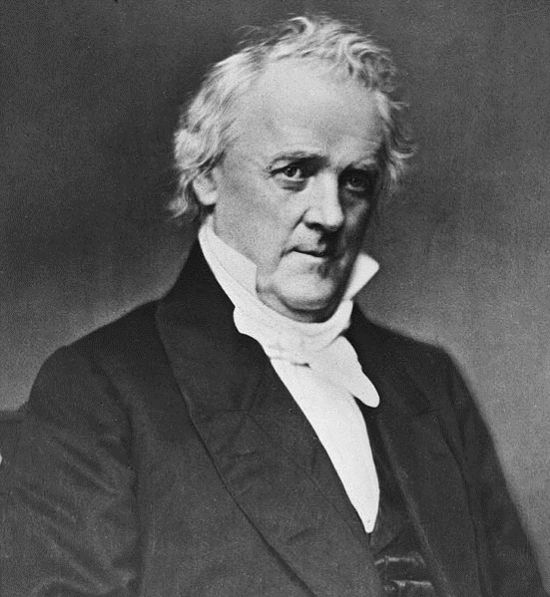
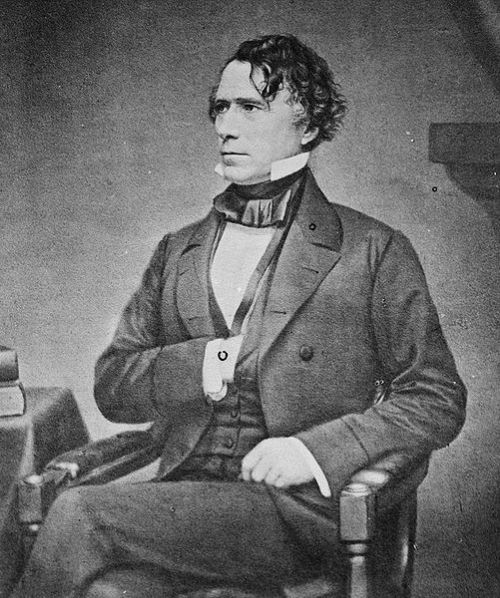
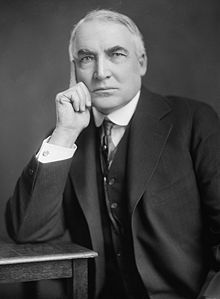
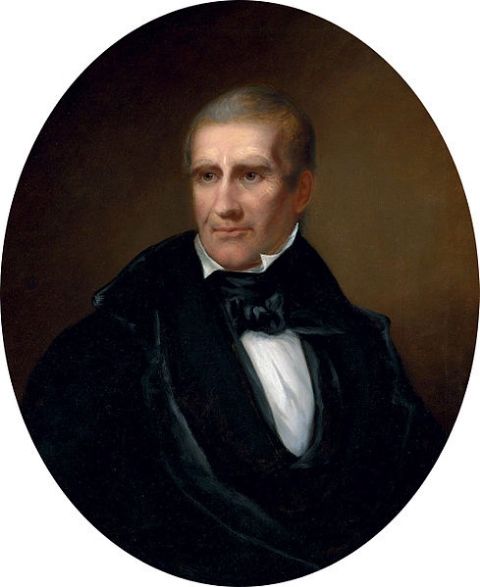
No comments:
Post a Comment